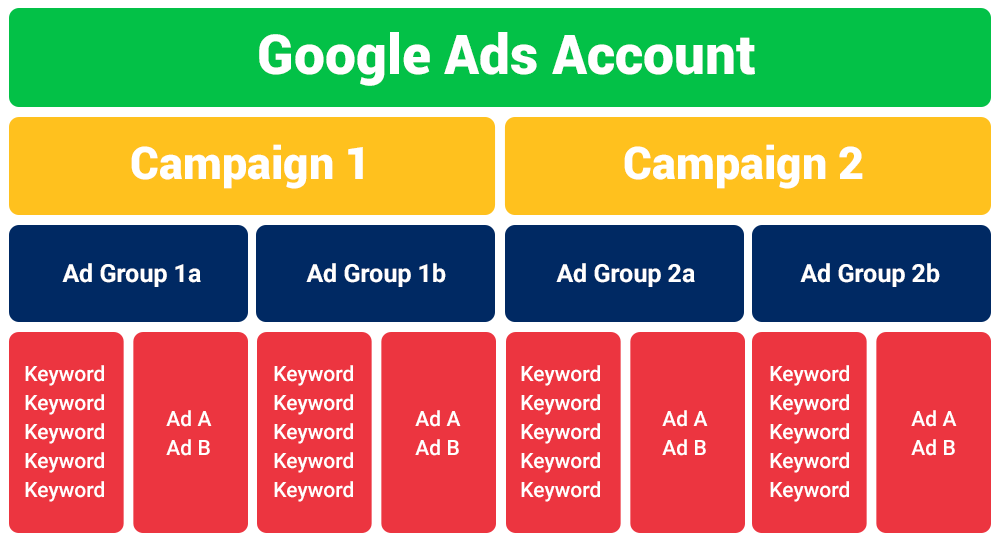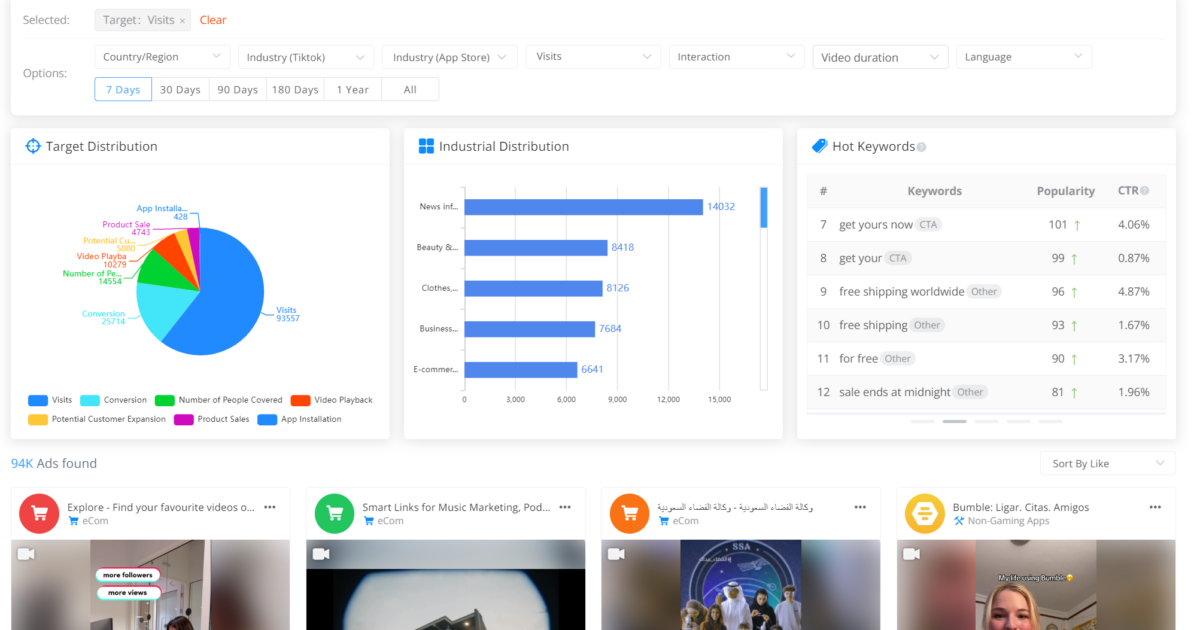In the Next 50 Years, Which Professions Are Absolutely AI-Proof?
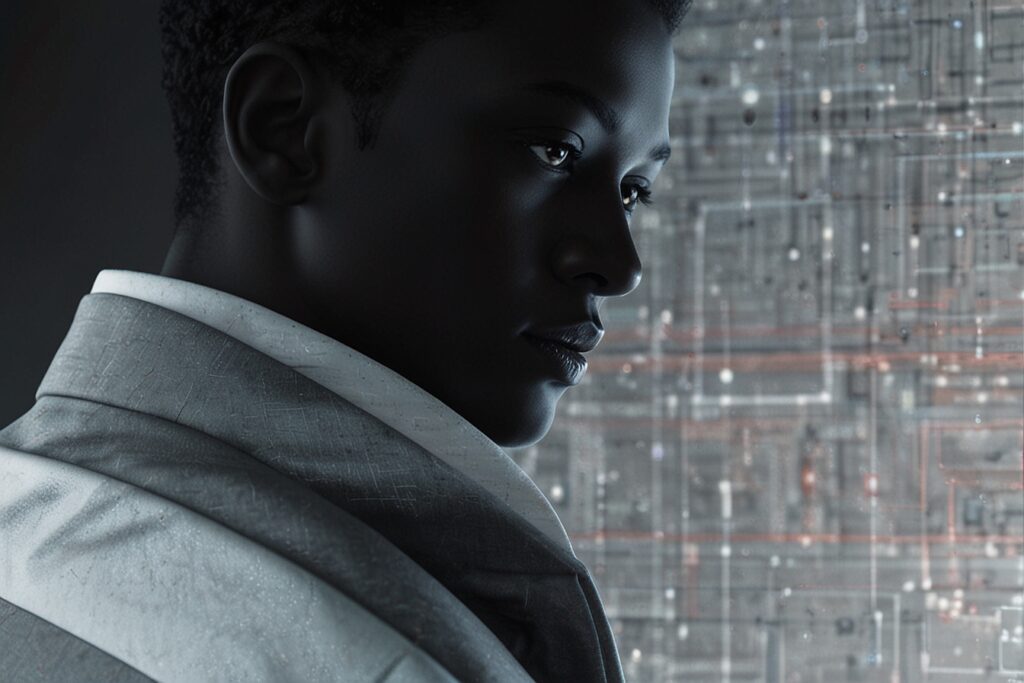
In recent years, artificial intelligence has been continuously advancing and gradually establishing its presence in various industries. According to the latest white paper "Jobs of Tomorrow" released by the World Economic Forum (WEF), artificial intelligence will erase and reshape various jobs, with 23% of global jobs expected to undergo changes due to industrial transformation in the next five years. With the impact of artificial intelligence, the labor market will undergo profound changes. Many people, especially young individuals just starting their careers, often struggle with how to choose their lifelong professions. Today, we will discuss which professions are unlikely to be replaced by artificial intelligence in the next 50 years.
The report on future occupations in the era of artificial intelligence indicates that the first wave of technological innovation will primarily affect a group of workers who meet the "five-second rule." The "five-second rule" refers to the likelihood of a job being entirely or partially replaced by artificial intelligence technology if a person can make corresponding decisions to the problems requiring thinking and decision-making in the job within 5 seconds. In other words, these occupations are typically low-skilled and can be mastered through practice.
Based on the data system of researchers Michael Osborne and Carl Frey from the University of Cambridge, the BBC analyzed the "elimination probabilities" of 365 occupations in the future. Although their analysis is only about the prospects of these occupations in the UK and is based on local data, we can draw two basic conclusions from these probabilities:
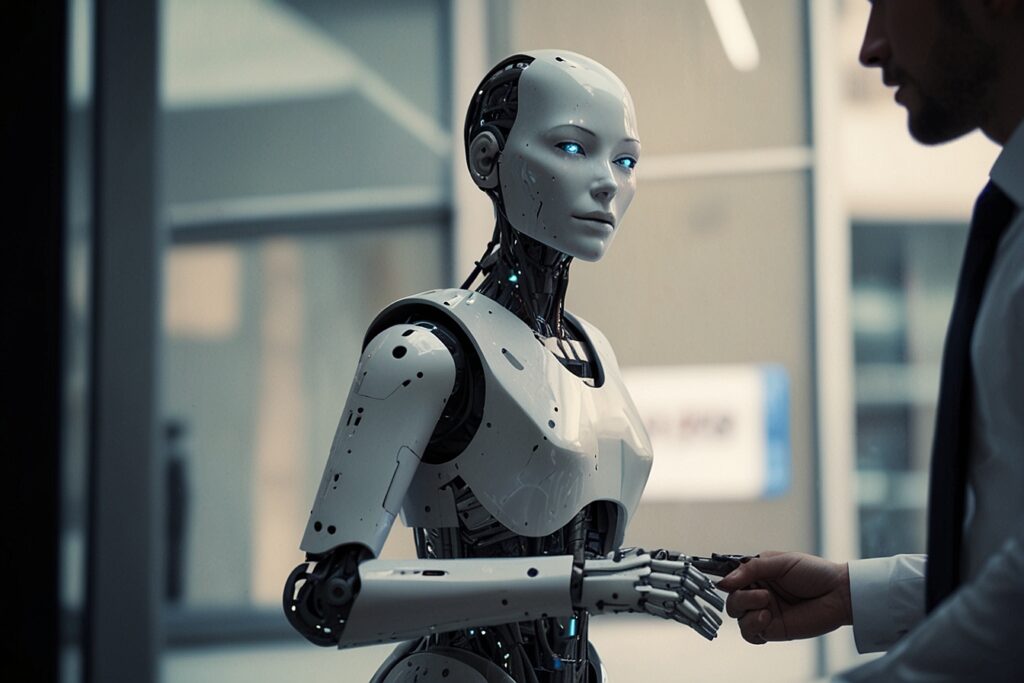
If your job requires the following three types of skills, then the likelihood of being replaced by robots is very low:
- Social skills, negotiation skills, and the art of interpersonal relationships;
- Compassion and genuine assistance and concern for others;
- Creativity and aesthetics.
If your job meets the following characteristics, then the likelihood of being replaced by robots is very high:
- Skills that can be mastered through training without talent;
- A large amount of repetitive labor, where you don't need to think much at work, but your hands are skilled;
- Working in a small space, sitting in a cubicle, unaware of the outside world.
Some jobs will change significantly:
It can be predicted that in the future, artificial intelligence and robots will greatly replace simple, repetitive, and operational jobs. These jobs include not only traditionally defined factory production line workers but also many banking personnel, and accounting fields, which are currently considered areas of professional skills.
- Telemarketers: Probability of replacement: 99.0%. Due to the monotonous, repetitive, and inefficient nature of the work, it is easily replaced by robots.
- Typists: Probability of replacement: 98.5%. With the popularity of computer and speech recognition technology, the demand for typists' work is gradually decreasing.
- Accountants: Probability of replacement: 97.6%. Despite having certain skill requirements, with the emergence of financial intelligent robots, the automation of accounting work is gradually increasing.
- Insurance agents: Probability of replacement: 97.0%. With the application of intelligent technology in the insurance industry, the work of salespersons is gradually shifting towards personal insurance intelligent managers.
- Bank employees: Probability of replacement: 96.8%. Due to the repetitive and inefficient nature of the work, bank employees are easily replaced by robots.
- Government employees: Probability of replacement: 96.8%. Especially for employees of government grassroots functional agencies, robots are expected to play more roles in government departments.
- Receptionists: Probability of replacement: 95.6%. The work of receptionists is relatively simple and easily replaced by robots.
- Customer service representatives: Probability of replacement: 91.0%. The rise of artificial intelligence customer service platforms has led to the gradual automation of customer service work.
- Human resources personnel: Probability of replacement: 89.7%. Through technologies such as machine learning and chatbots, mechanical HR can perform many basic tasks of human resource managers.
- Security guards: Probability of replacement: 89.3%. With the emergence of security robots, the demand for traditional security personnel may decrease.
- Real estate agents: Probability of replacement: 86%. With the application of big data and artificial intelligence technology in real estate transactions, the work of real estate agents may decrease.
- Bricklayers, gardeners, cleaners, drivers, carpenters, plumbers, etc.: Probability of replacement: 80%-60%. Jobs in the primary and secondary industries are easily affected by automation technology, and workers need to adapt to the arrival of new technologies.
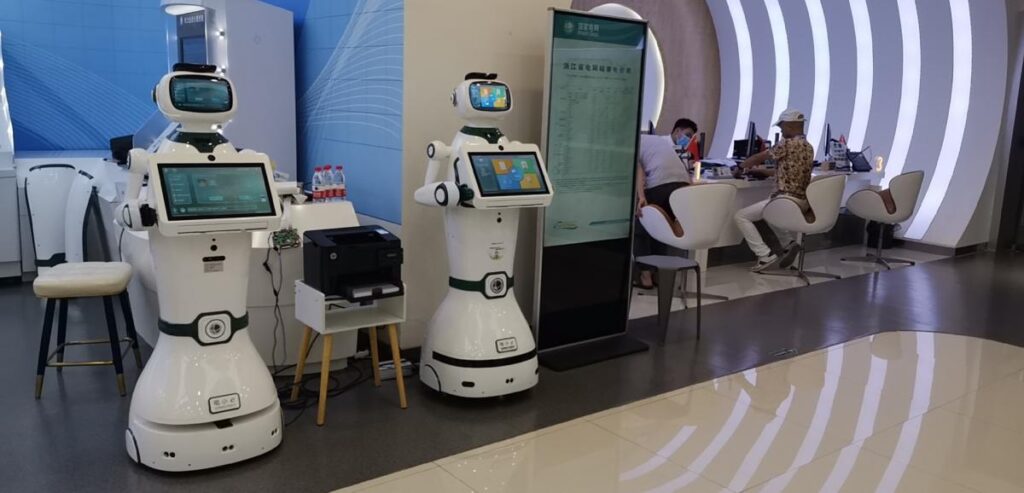
Some jobs will remain (almost) unchanged:
Scholars analyze that in the coming decades, only three types of people can barely withstand the impact of AI: capitalists, celebrities, and technical workers. In other words, faced with the advancing artificial intelligence, you either accumulate wealth and become a capitalist magnate, accumulate fame and become a unique individual, or accumulate knowledge and become a master of more advanced technology.
- Actors, entertainers: Probability of replacement: 37.4%. Despite the possibility of automation, the field of artistic creation still requires human creativity and expression.
- Makeup artists: Probability of replacement: 36.9%. Occupations relying on human aesthetics and social skills are relatively resistant to mechanical automation.
- Writers, translators: Probability of replacement: 32.7%. The field of linguistics still holds significant importance for human understanding and expression.
- Barbers: Probability of replacement: 32.7%. Besides aesthetic requirements, safety factors limit the practical application of robotic barbers.
- Athletes: Probability of replacement: 28.3%. The core of an athlete's profession lies in human physical activity, while robots may serve as training tools, they cannot replace the spirit of sportsmanship.
- Police officers: Probability of replacement: 22.4%. Although robot police officers exist, they are mainly used for assisting civilian services and cannot replace the human judgment in law enforcement.
- Programmers: Probability of replacement: 8.5%. Theoretically, robots can perform basic programming tasks, but currently, they can only assume more driving tasks like autonomous vehicles, rather than replacing drivers themselves.
- Journalists: Probability of replacement: 8.4%. Artificial intelligence has some applications in assisting writing, but it cannot replace journalists' roles in news reporting and social analysis.
- Nannies: Probability of replacement: 8.0%. Emotional investment is an important trait of the nanny profession, which robots find challenging to fully replace in human emotional communication.
- Fitness trainers: Probability of replacement: 7.5%. Although there are robotic fitness advisors, the motivation and guidance provided by human fitness trainers remain irreplaceable.
- Artists, musicians, scientists: Probability of replacement: 3.8%, 4.5%, 6.2% respectively. Creativity and aesthetic ability are unique human traits that machines cannot fully imitate.
- Lawyers, judges: Probability of replacement: 3.5%. Law involves human nature and justice judgment, roles that robots find difficult to replace in legal application.
- Public relations: Probability of replacement: 1.4%. Human social skills and emotional communication are crucial in public relations, which robots find challenging to fully replace.
- Psychologists: Probability of replacement: 0.7%. Human emotional processing and psychological analysis are core competencies of psychologists, where robots have limited capabilities in handling paradoxes and emotional issues.
- Teachers: Probability of replacement: 0.4%. Although teaching robots have some applications, the creativity and educational philosophy of human teachers remain irreplaceable.
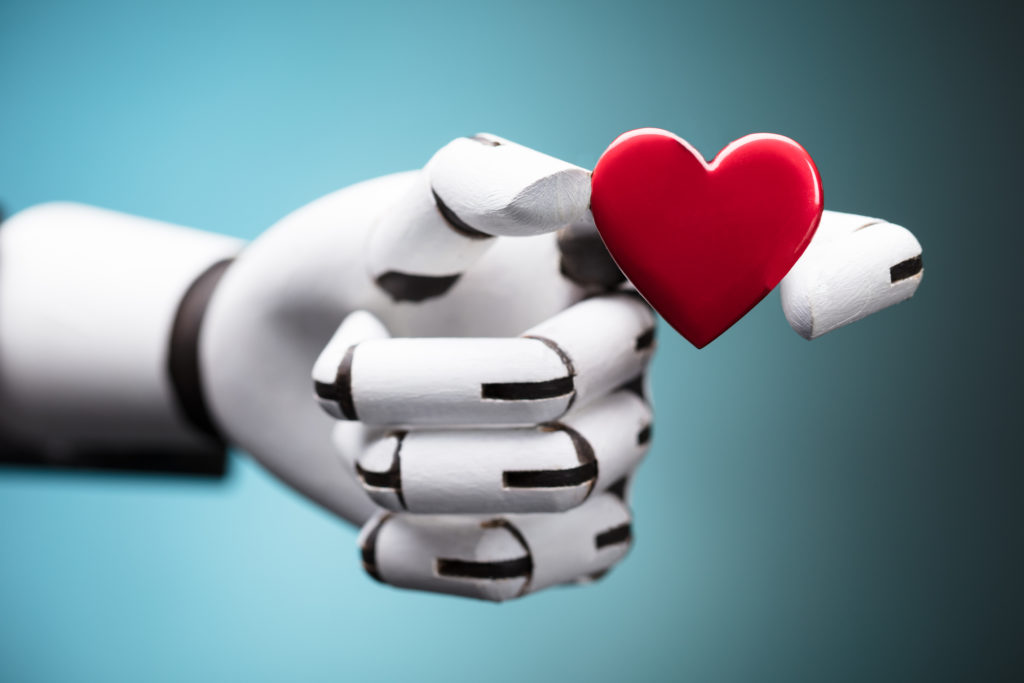
Perhaps we don't need to be so pessimistic.
Although artificial intelligence has introduced a new paradigm of human-machine collaboration, analysts at the World Economic Forum (WEF) cannot make 100% accurate predictions about the potential new roles that Large Language Models (LLMs) might adopt. Besides resource consumption, one of the most serious challenges faced by current AI large models is the "illusion problem" of the models. This problem implies that the content generated by the models may be false, meaningless, or even harmful. For example, when you ask a large language model a question, its answer may be inaccurate or entirely fabricated. This "illusion" makes it difficult for users to determine whether the content generated by the model is trustworthy.
The illusion problem is divided into two types: intrinsic and extrinsic. Intrinsic illusions are usually relatively easy to identify because they refer to generated content that does not align with the input facts. For example, if you ask a language model for information about a movie director and it returns the wrong name, that's an intrinsic illusion.
However, extrinsic illusions are more challenging. They imply that the content generated by the model cannot be verified or refuted based on the input information. For instance, when you ask a model a question about a historical event, it may return a seemingly reasonable but actually baseless answer that cannot be verified through other means.
Although large language models demonstrate tremendous potential in creative tasks, their existence of illusion problems presents challenges when replacing traditional tools (such as search engines) in certain fields. This is because users find it difficult to determine the truthfulness and reliability of the content generated by the model.
When users need to search for a question on a search engine, it usually means they don't know the answer to that question. In this case, if a large model returns a result, whether it is true or fictional, it cannot be verified. So, for users, it's all an illusion from the model.
Not all model illusions are necessarily wrong, but how confident are we in entrusting our questions to illusions? If the subject is not a search engine, but a doctor or a lawyer, what then?
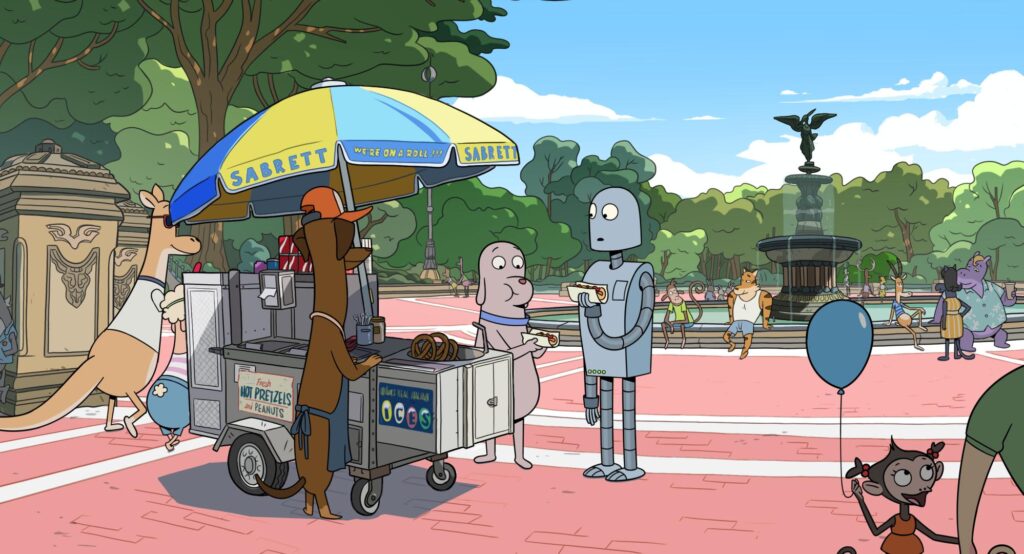
The future artificial intelligence and robots that can predict will greatly replace simple, repetitive, and operational jobs. These jobs not only include traditionally defined factory production line workers but also many in fields like banking and finance that are currently considered professional skills. It’s not too hard to put ourselves in the shoes of large factory owners and see how they could prefer to buy an expensive machine that can work 24/7 without ever asking for a raise. Scholars analyze that in the coming decades, only three types of people can barely resist the impact of AI: capitalists, celebrities, and technical workers. In other words, facing the approaching tide of artificial intelligence, you either accumulate wealth to become a capitalist tycoon, accumulate fame to become a unique individual, or accumulate knowledge to become a master of more advanced technology. However, how long the dams of wealth, personality, and technology can withstand the AI frenzy is unknown. If you continue to be a bystander of the times, you can only accept the outcome of being washed up on the beach.

